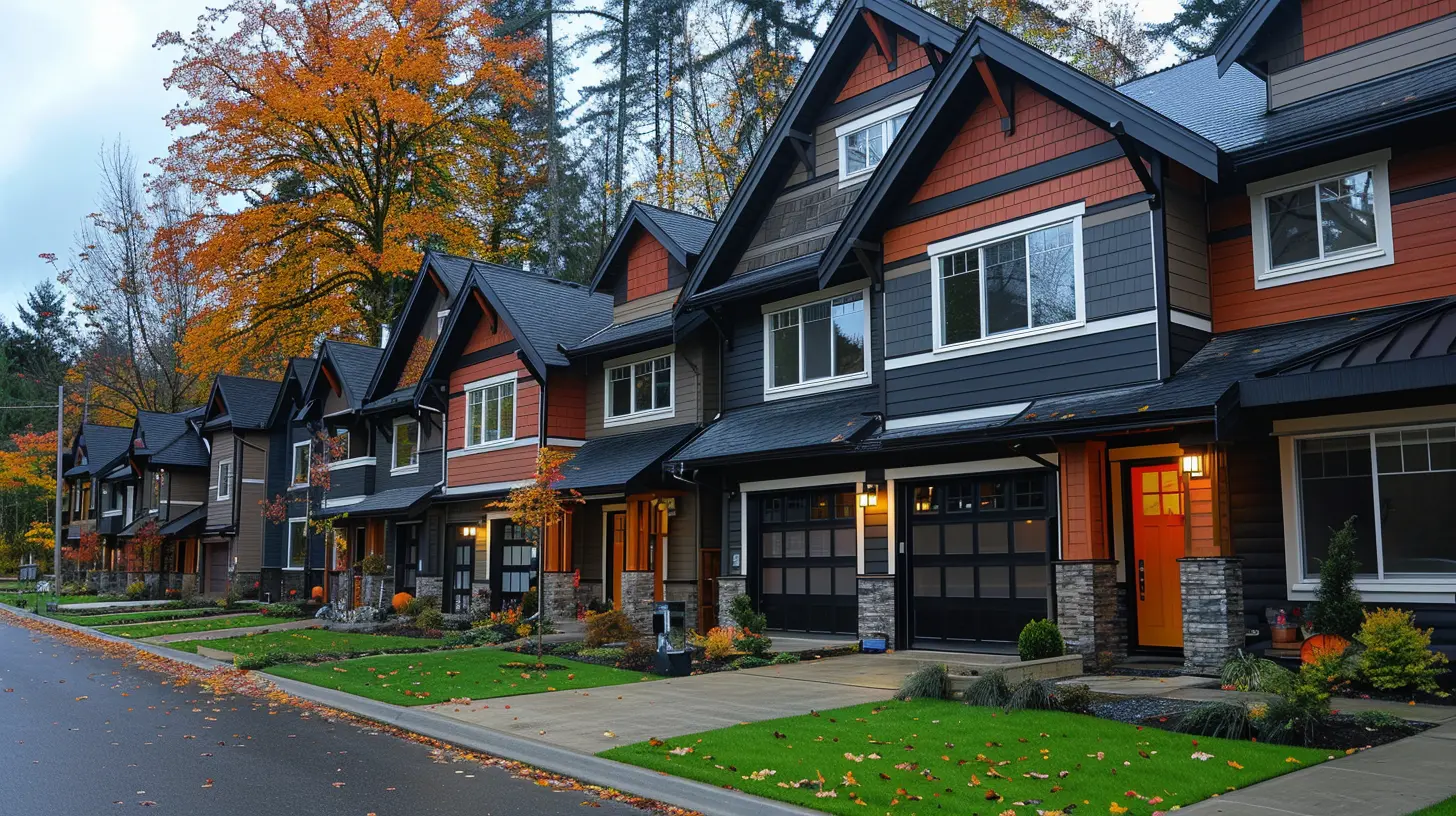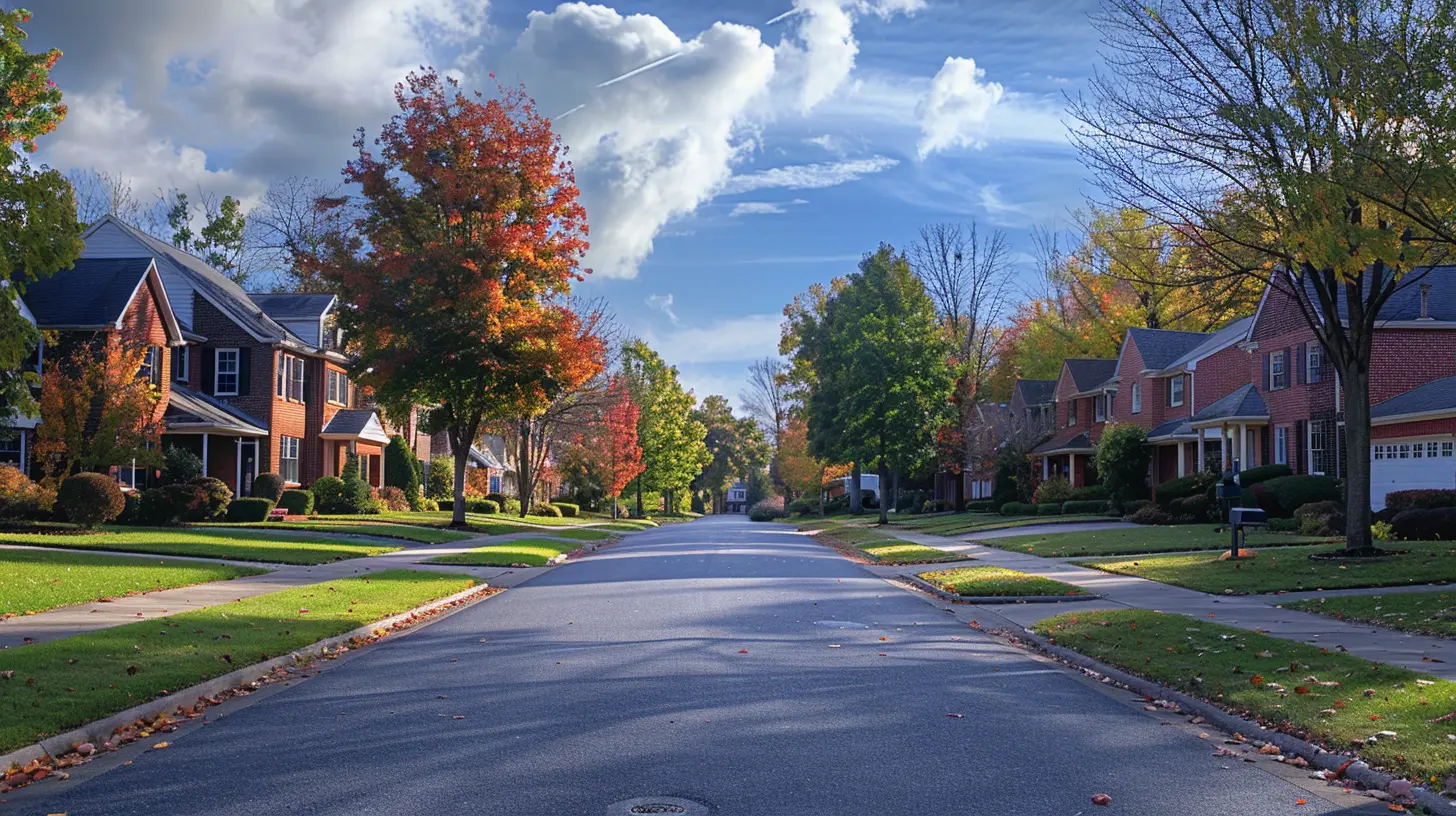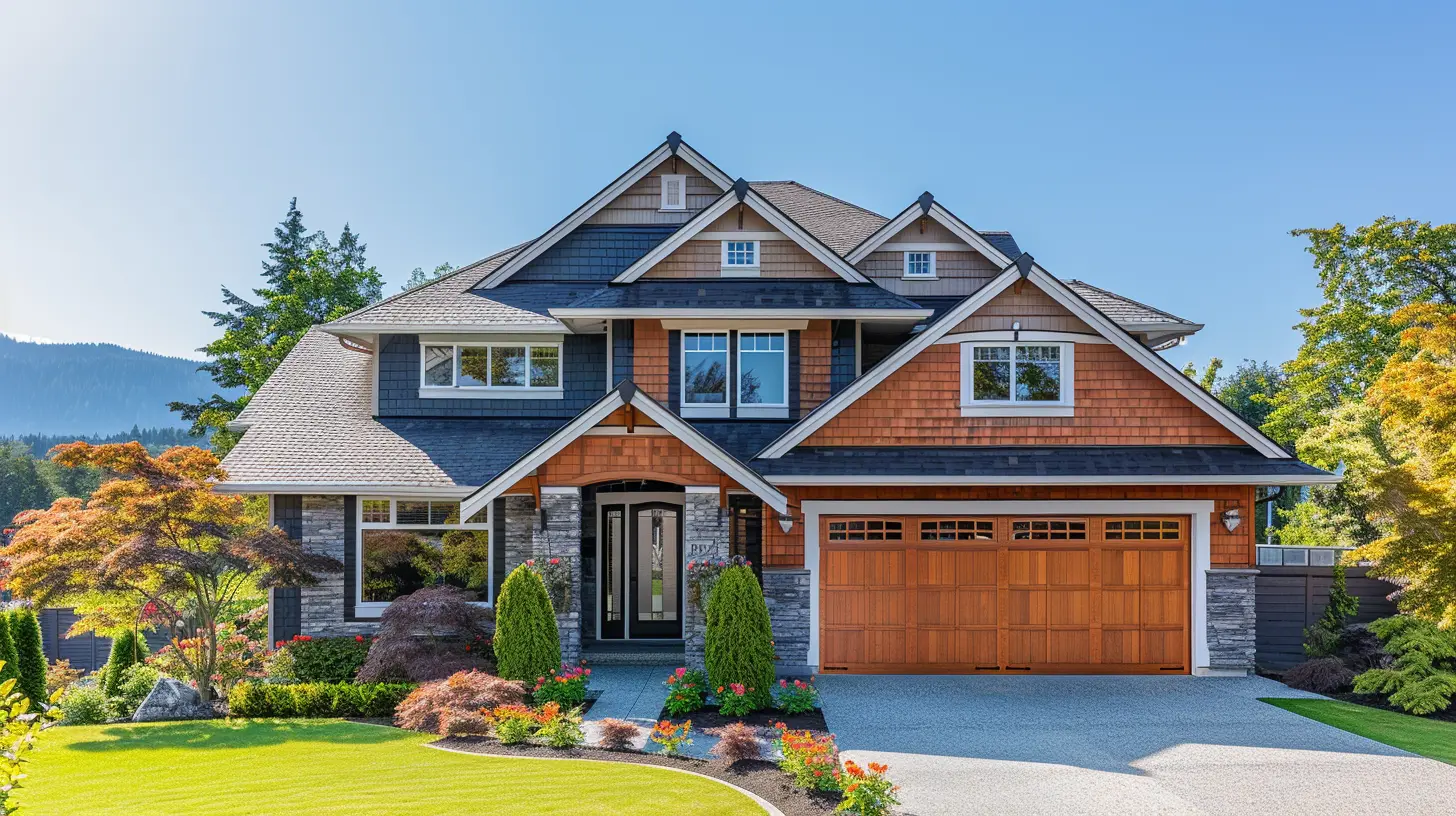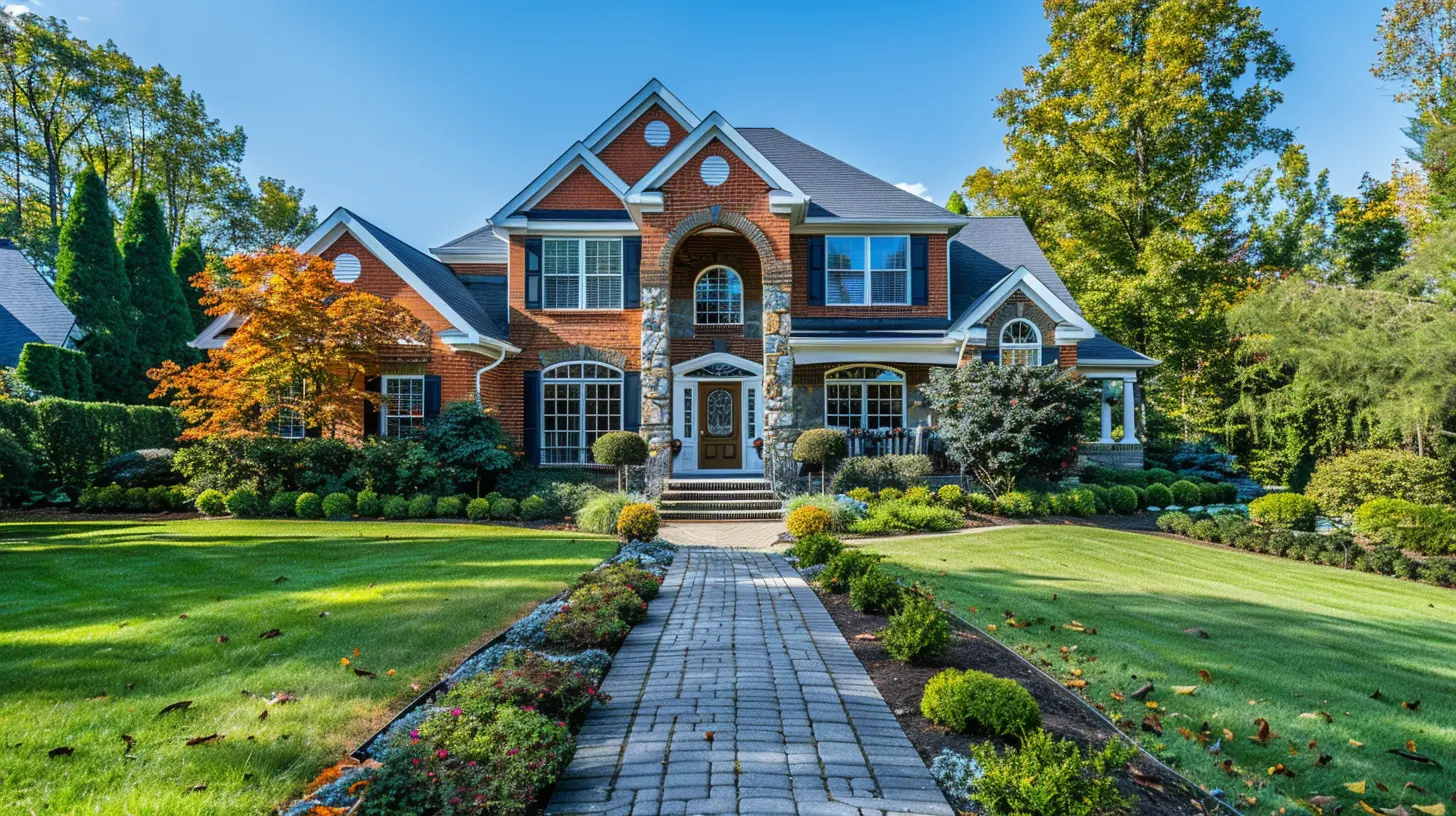Rent-to-Own: Can It Help You Buy a Home?
11 June 2025
Buying a home is a major life goal for many people, but let’s be real—it’s not always easy to make that dream a reality. Between rising home prices, strict mortgage requirements, and the need for a hefty down payment, homeownership can feel like climbing a mountain in flip-flops. Enter the rent-to-own option—a unique path that promises the chance to live in your future home while working toward actually owning it. But does it really make sense? Can it truly help you buy a home?
Let’s break it all down, pros and cons included. Grab a coffee, this is going to be your no-fluff, straight-talk guide to rent-to-own.
What Exactly Is Rent-to-Own?
At its core, a rent-to-own agreement (also called a lease-to-own) is a deal where you rent a home for a certain period with the option—or in some cases, the obligation—to buy it later.So instead of jumping into a mortgage immediately, you’re essentially saying: “Hey, let me rent this place for a while and see how things go. If I love it and my finances are in order, I’ll buy it.”
Pretty interesting, right?
How Does Rent-to-Own Work?
Let me walk you through the basic structure. There are usually two parts involved:1. The Lease Agreement
You sign a rental contract, just like a regular lease. It lasts anywhere from one to three years (sometimes longer). You pay monthly rent, and a portion of that rent might go toward your future down payment or purchase price.2. The Option to Buy
Along with your lease, you’ll have what's called an “option agreement.” This gives you the right—but not necessarily the obligation—to buy the home later. You might have to pay an upfront “option fee” (usually 1-5% of the home's price), which may also go toward the purchase.There are two types of rent-to-own agreements:
- Lease-option: You can choose to buy the house at the end of the lease.
- Lease-purchase: You are legally required to buy it at the end of the lease.
Big difference, right? Be sure to know which one you're signing up for.
Who Benefits from Rent-to-Own?
If you’re someone who’s not quite mortgage-ready, rent-to-own might sound like a lifeline. And you're not wrong—it can be a great fit in certain situations.For Buyers:
- Credit issues? Rent-to-own gives you time to improve your credit score and financial profile.- Short on down payment? It lets you save while living in the home you want to buy.
- Test-driving the home? You get to live in the property and neighborhood before committing.
For Sellers:
- They get steady rental income and potential appreciation on the property.- It attracts more potential buyers—especially those who might not qualify for a mortgage now but can in the future.
Sounds like a win-win? Well… sort of.
The Benefits of Rent-to-Own
Now, let’s get into why rent-to-own could be a smart move for some.1. Build Equity While You Rent
Instead of throwing rent money “down the drain,” a portion might count toward your future home purchase. That means every rent payment could be helping you inch closer to ownership.2. Lock in the Purchase Price
With many rent-to-own deals, you agree on a home price at the start. If the market heats up and home values rise, you might end up getting a deal. Think of it as getting tomorrow’s home at today’s price.3. Credit Recovery Time
Have a few dings on your credit report? Rent-to-own can give you breathing room to clean things up before applying for a mortgage. It’s like a second chance without hitting the restart button.4. Live Before You Buy
You wouldn’t buy a car without test-driving it, right? Same goes for a house. Rent-to-own lets you experience daily life in the home—and the neighborhood—before you fully commit.The Risks and Pitfalls (Because Nothing’s Perfect)
Okay, so we’ve talked about the good. But rent-to-own isn’t a golden ticket. There are plenty of things that can go sideways if you're not careful.1. Non-Refundable Fees
Remember that option fee we mentioned? If you decide not to buy (or can’t secure financing), you might lose it. Same goes for any rent credits. That’s money down the drain.2. Higher Monthly Payments
Rent-to-own homes often come with higher-than-average rent. That’s because a portion is going toward the purchase. Make sure you can handle it—today and tomorrow.3. You’re Still a Renter
Until you actually buy the home, you don’t own it. That means if the seller stops paying their mortgage, you could get evicted, even though you’ve been paying rent.4. Price Fluctuations
Locked-in prices can backfire if the market drops. You may be stuck buying a home for more than it’s worth. Ouch.5. Financing Isn't Guaranteed
Just because you plan to buy doesn’t mean a lender will approve you when the time comes. If you can’t get a mortgage, you could lose everything you’ve invested.What Should You Watch Out For?
Here are a few golden rules to protect yourself:- Work with a real estate attorney: Don’t sign a rent-to-own contract without legal advice. Seriously—don’t.
- Understand the terms: Make sure you know what’s refundable, what’s not, and who handles repairs before you buy.
- Get a home inspection: Just like a regular purchase, you want to know what you’re getting into upfront.
- Clarify responsibilities: Who pays for maintenance? Property taxes? Insurance? Everything should be in writing.
When Rent-to-Own Makes Sense
Let’s connect the dots. Rent-to-own might be a solid move if:- You're self-employed and need more time to show consistent income.
- You’re recovering from a past foreclosure or bankruptcy but expect your finances to improve.
- You’ve found your dream home, but you're just a year or two away from being mortgage-ready.
- You believe home prices will rise and want to lock in a good deal now.
When It Might Not Be Worth It
On the flip side, it may not be the right choice if:- You're unsure about the neighborhood or the home itself.
- Your financial situation is highly uncertain.
- You don’t fully understand (or trust) the seller or the agreement terms.
- You're not ready to commit to that particular house.
Final Thoughts: Is Rent-to-Own Right For You?
Rent-to-own can be a stepping stone between renting and owning, especially if buying feels just out of reach. It offers flexibility, a chance to save, and the opportunity to call a place home before it’s officially yours.But—and this is a big but—it’s not without its risks. The key is to go in eyes wide open. If you’re not prepared or don’t understand the contract, you could lose money and end up back at square one.
So ask yourself: Are you willing to put in the homework? Do you have a fallback plan if financing falls through? Are you in it for the long haul?
If the answer is yes, then rent-to-own might just be your backstage pass to homeownership.
all images in this post were generated using AI tools
Category:
Real Estate FinancingAuthor:

Vincent Clayton
Discussion
rate this article
3 comments
Leah Thornton
Great insights on rent-to-own options! It's a valuable alternative for those looking to achieve homeownership. I appreciate the clarity in discussing the benefits and potential challenges involved. Thank you!
June 19, 2025 at 3:47 AM

Vincent Clayton
Thank you for your kind words! I'm glad you found the insights helpful. Homeownership is an important journey, and understanding all options is key.
Raleigh McConnell
Rent-to-own sounds intriguing! How does the process truly work, and what are the long-term benefits compared to traditional buying? I'm curious about the potential pitfalls too!
June 15, 2025 at 8:13 PM

Vincent Clayton
Rent-to-own allows you to rent a property with the option to purchase it later, typically at a predetermined price. Benefits include the chance to build equity while renting and locking in a purchase price. However, potential pitfalls include higher monthly payments and the risk of losing your investment if you choose not to buy. Always read the contract carefully!
Seth Meyers
This article raises intriguing points about rent-to-own agreements! I'm curious how they balance immediate housing needs with long-term investment goals. Could this be a viable path for many future homeowners?
June 14, 2025 at 4:15 AM

Vincent Clayton
Thank you for your comment! Rent-to-own agreements can indeed offer a unique balance between addressing immediate housing needs and enabling long-term investment in a home, potentially making homeownership more accessible for many.



